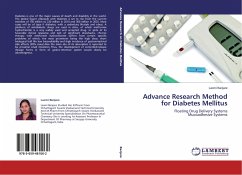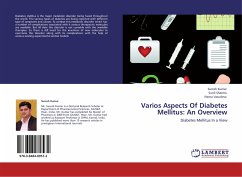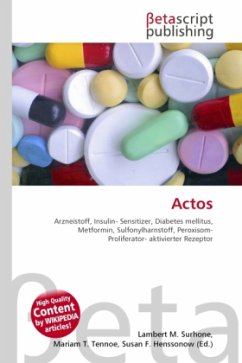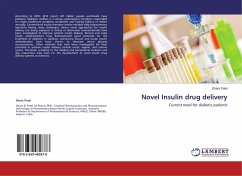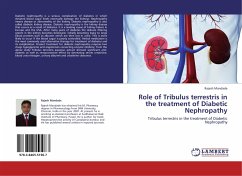Diabetes is one of the major causes of death and disability in the world. The global figure ofpeople with diabetes is set to rise from the current estimate of 150 million to 220 million in 2010 and 300 million in 2025. Most cases will be of type II diabetes, with a sedentary lifestyle and obesi. A plethora of antidiabetic drugs are used in clinic, of which metformin hydrochloride is a very widely used and accepted drug. In spite of its favorable clinical response and lack of significant drawbacks, chronic therapy with metformin hydrochloride suffers from certain specific problems of which, the most prominent being the high dose, short biological half life low bioavailability and high incidence of gastrointestinal side effects (30% cases) Also the main site of its absorption is reported to be proximal small intestines Thus, the development of controlled-release dosage forms in form of gastro-retentive system would clearly be advantageous.
Bitte wählen Sie Ihr Anliegen aus.
Rechnungen
Retourenschein anfordern
Bestellstatus
Storno

